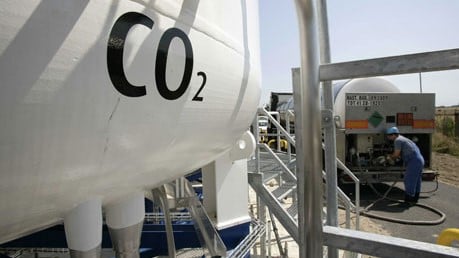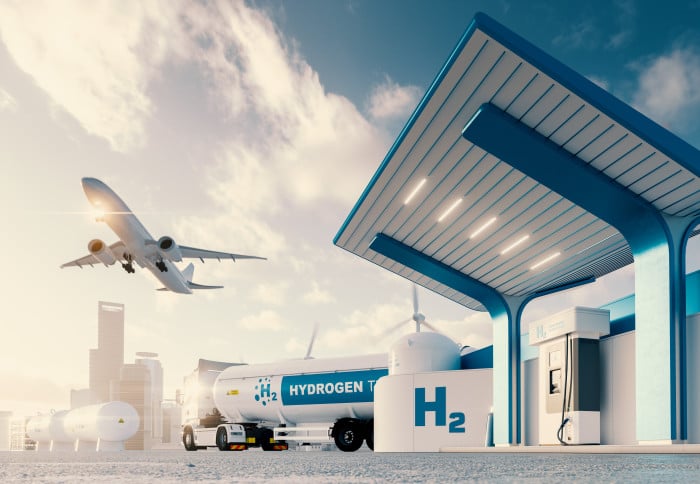
About the Course
This is a comprehensive two-day programme designed to provide professionals with the knowledge and skills needed to seamlessly integrate renewable energy sources into electrical grids. This course offers a deep dive into the latest innovations, challenges, and solutions in renewable energy integration, with a focus on wind and solar power. Participants will engage with a mix of theoretical insights and practical case studies, gaining a robust understanding of grid systems, regulatory frameworks, and market mechanisms.
The first day begins with an introduction to grid systems and renewable energy integration, exploring the fundamentals of electrical grid structure and functionality. Participants will learn about the role of transmission and distribution in grid operations and how these have evolved to accommodate renewable energy sources. The course will cover integration techniques for wind and solar energy, including technological advancements and successful case studies from around the world.
The second day addresses the technical challenges of integrating intermittent renewable energy sources like wind and solar. Participants will explore solutions for managing variability, such as energy storage and demand response strategies, and learn about the latest innovations in grid technologies that enhance integration. The course will also delve into regulatory and compliance issues, providing insights into global regulatory frameworks and their impact on renewable energy projects.
Throughout the programme, participants will engage in interactive workshops and group projects to apply their knowledge to real-world scenarios. By the end of the course, attendees will be well-equipped to navigate the complexities of renewable energy integration, ensuring grid stability, optimising power quality, and contributing to the development of sustainable energy systems.
Who's it for
-
Investors: Identify and capitalise on promising opportunities within the renewable energy sector.
-
Energy professionals: Gain comprehensive insights into renewable energy technologies to enhance strategic planning and implementation.
-
Sustainability officers: Develop expertise in renewable energy integration to drive sustainability initiatives within organisations.
-
Policy makers: Understand the economic and regulatory impacts of renewable energy integration to create effective policies.
-
Grid operators and utility managers: Learn practical solutions for integrating renewable energy sources into electrical grids and maintaining grid stability.
Learning Objectives
-
Understand the fundamental principles of electrical grid systems and renewable energy integration.
-
Gain in-depth knowledge of the latest technologies and techniques for integrating wind and solar power into electrical grids.
-
Analyse global regulatory frameworks and compliance issues impacting renewable energy projects.
-
Develop strategies for managing the variability of renewable energy sources, including energy storage and demand response.
-
Apply practical solutions to real-world challenges in renewable energy integration through interactive workshops and group projects.
Course Content
-
Day One
Introduction to Subsea project delivery
-
Project and project lifecycle
Introduction to pre-FEL and FEL
-
Pre-Front End Loading
-
Front End Loading (FEL)
-
The FEL process
-
Industry examples
FEL stages – visualisation and conceptualisation
-
Visualisation stage
-
Conceptualization stage
-
Definition stage
-
-
Day Two
Project organisation and documents
-
Major project documents
-
Codes and standards
-
Project team organisation
Execution phase of project lifecycle
-
Project management processes
-
Project planning
-
Cost management and estimating
-
Cost estimating exercise
-
Management of information
-
Management of change
-
-
Day Three
Procurement and contracting
-
Procurement and contracting strategy
-
Types of contracts
-
Procurement
Risk management
-
Risk management
-
Risk register
-
Group exercise: risk register
Logistics and supply chain management
-
Supply chain
-
Logistics
Value Improving Practices (VIP)
-
Types of VIP
-
Value engineering
-
-
Day Four
Project economics and evaluation methods
-
Project economics
-
Pre and post approval activities
-
Economic evaluation methods
-
Sensitivity analysis
-
Monte Carlo simulation
Case studies
-
Economic evaluation case study
-
Monte Carlo case study
-
Learning Outcomes
Upon completion of this course, participants will be able to:
-
Describe the process of subsea project delivery
-
Define and explain all the phases of a project lifecycle
-
Define the pre-Front End Loading phase of a project lifecycle and explain the tasks involved in it
-
Define Front End Loading phase of a project lifecycle and explain the three stages– visualisation, conceptualisation and definition
-
Explain the need for quality assurance and health and safety assurance in a project
-
Describe how risk is identified and managed successfully in a project
-
Class Materials
- Case studies that explore real-world grid integration challenges and their solutions.
- A comprehensive course package detailing all essential topics and technical data.
- Detailed notes from the tutor, Dem, offering additional insights and expertise.
- A collection of references and practical worked examples to deepen understanding and application of the material.
-
Jeenius
Participants in the course gain access to Jeenius, a cutting-edge learning platform that offers comprehensive support tools. This platform includes all course notes, recordings of the sessions for later review, and the opportunity for one-on-one support with the tutor. Additionally, Jeenius provides access to the latest insights in renewable energy enhancing the learning experience with up-to-date industry knowledge.
-
In-Company Delivery
For in-company delivery options and content customisation to meet your specific needs, please don't hesitate to reach out to us.
-
Fee
£2,495 per person.
A discount is available if registering 3+ people.
Your Tutor

Dem Demetriou
BEng (Hons), MSc, DIC, CEng, FIMarEst, MBA FCMI
LEAD TUTOR
With a rich professional journey spanning over two decades, Dem has established himself as a specialist in project management, facilities engineering, and strategic general management. His expertise encompasses Front-End Engineering Design (FEED), detailed and conceptual design, procurement, topsides, and construction. This extensive experience makes him a treasure trove of knowledge and practical insights, particularly in the dynamic field of subsea engineering.
In his teaching role, Dem brings this wealth of experience to the classroom. His courses are a blend of theoretical knowledge backed by real-world application, offering students a comprehensive understanding of the complexities involved in subsea engineering projects.
Testimonials
"An excellent programme that enhanced my knowledge of renewable technologies and their impact on grid systems"
"The blend of theory and practical insights on new technologies was exactly what I needed. Excellent course!"


